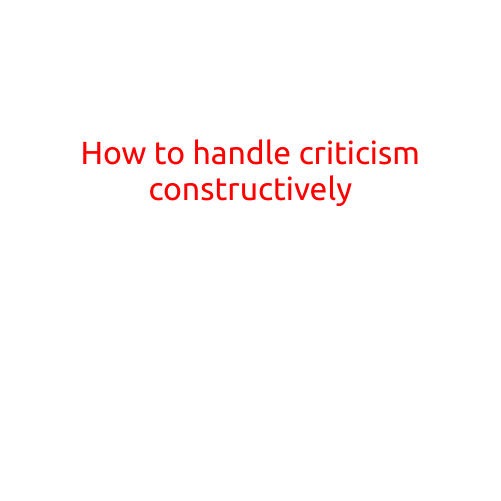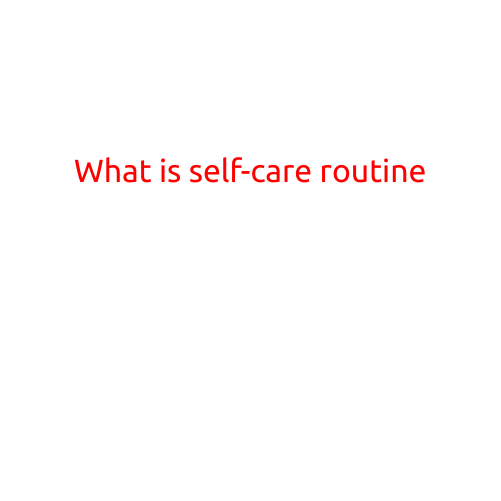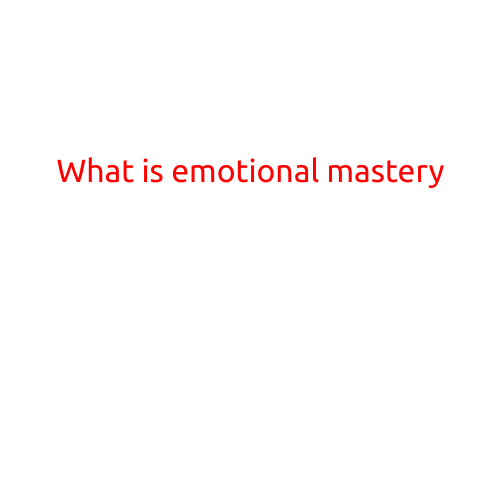
How to Handle Criticism Constructively
Receiving criticism can be a daunting and uncomfortable experience for anyone. Whether it’s constructive or destructive, criticism can make you feel blindsided, belittled, or even defensive. However, learning to handle criticism constructively is crucial for personal and professional growth, as well as maintaining healthy relationships.
In this article, we’ll explore the importance of handling criticism constructively, and provide tips on how to do so.
The Importance of Constructive Criticism
Constructive criticism is essential for improvement and growth. When received and acted upon, criticism can:
- Identify areas for improvement
- Provide valuable feedback
- Enhance performance and productivity
- Foster open communication and collaboration
- Build trust and strengthen relationships
On the other hand, ignoring or becoming defensive in the face of criticism can lead to stagnation, poor performance, and strained relationships.
How to Handle Criticism Constructively
- Stay Calm and Composed
When receiving criticism, take a deep breath, count to ten, or step away for a moment to collect your thoughts. Avoid reacting impulsively or emotionally, as this can escalate the situation and undermine the value of the feedback.
- Listen Actively
Make an effort to listen carefully and attentively to the critic’s concerns. Avoid interrupting, dismissing, or becoming defensive. Show that you’re engaged and interested in what they have to say.
- Acknowledge and Validate
Acknowledge the critic’s concerns and validate their perspective, even if you disagree. This doesn’t mean you have to agree with their criticism, but rather shows that you value their input and are willing to consider their point of view.
- Take Responsibility
Take ownership of your actions and acknowledge any mistakes or weaknesses. Apologize if warranted, and express a willingness to learn and improve.
- Ask Questions and Clarify
Clarify any concerns or doubts you may have by asking questions. Seek specific examples or evidence to support the criticism, and then use this information to improve and grow.
- Focus on the Issue, Not the Person
Separate the criticism from the person delivering it. Avoid taking comments personally or making accusations, and focus on the issue or behavior being addressed.
- Seek Additional Feedback
Seek additional feedback and perspectives from trusted sources. This can help you gain a more well-rounded understanding of the situation and identify areas for improvement.
- Implement Changes
Implement the suggested changes or improvements, and be willing to revisit and refine them as needed. Demonstrate your commitment to growth and improvement.
Conclusion
Handling criticism constructively requires a willingness to listen, learn, and grow. By staying calm, acknowledging and validating concerns, taking responsibility, and seeking additional feedback, you can turn criticism into a valuable opportunity for improvement and growth. Remember, constructive criticism is essential for personal and professional development, and learning to handle it effectively can strengthen relationships and foster a culture of continuous improvement.





